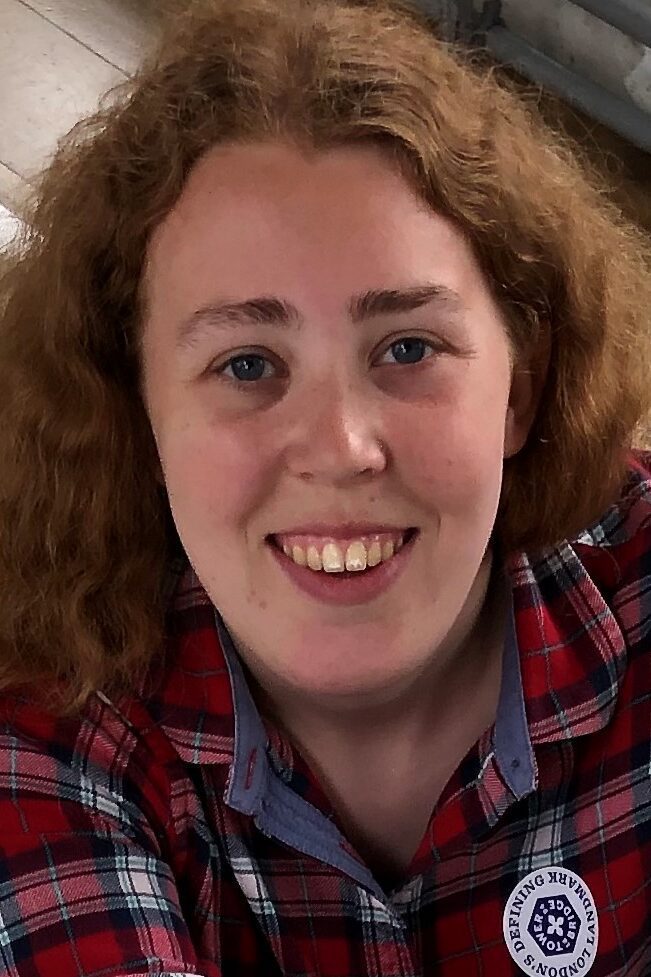Jeannie Egan

Jeannie Egan
North Carolina State University, MS
PTR Scholar 2021
Compostable Textile Apparel Fabrics
Project Description:
According to a recent EPA report, the United States produced 17 million tons of textile waste in 2018 with landfills receiving 11.3 million tons of textile waste. This accounts for 7.7% of all MSW sent to landfill. These textiles were made to be durable such that they will remain intact and persist in the environment for a long time, especially synthetic fabrics (polyester, nylon, acrylic, etc), which can theoretically show negligible degradation for centuries. There is a general push in the textile industry to work towards a more circular supply network that would use this waste to create new textiles. Currently, textiles made of recycled materials (most commonly, polyester) are being made from recycled plastic bottles. However, this poses an issue due to competition for recycled plastic polyester by other industries (like packaging).
Egan’s project seeks to assist with the elimination of existing textile solid waste on the planet. The study involves enzymatic hydrolysis (in this case, the breakdown of a fabric through enzymes which break specific chemical bonds in a molecule that facilitate the degradation of the fabric) of cotton in either pure cotton fabrics or cotton/synthetic blend fabrics (including polyester and modacrylic blends). This study will track the ability of the enzyme to degrade cotton, as well as look at the effects of chemicals that would commonly be found in a textile product like dyes, pretreatment chemicals, or a durable press finish. The application of these chemicals to a cotton fabric will likely decrease fabric degradation due to enzymatic action. Further, after enzymatic degradation is carried out, Egan will determine the viability of the remaining synthetic fibers to be recycled into new textile fabrics that meet industry standards for necessary mechanical properties. Should the fibers be viable for recycling, this process could provide a pathway for circular creation of textiles while combatting the existing textile waste accumulation.
Egan hopes that this research will provide insight into a pathway for a circular textile economy, which could be pivotal in the creation of a more sustainable industry overall. Additionally, this research could initiate conversations about the massive accumulation of discarded textiles each year, as they sit in landfills where it takes decades, if not centuries, for them to degrade.
Biography:
Egan graduated in May of 2021 with a Bachelor’s Degree in Polymer and Color Chemistry from North Carolina State University. During her undergraduate years, she worked on and completed a manuscript with her research advisor on the subject of biodegradable textile fibers, their viability for use in apparel fabrics, and the theoretical ability of those materials to prevent further accumulation of textile solid waste. This research inspired her to pursue her interest in textile sustainability at a higher level of education. Egan is a master’s student at North Carolina State University in the Wilson College of Textiles studying Textile Chemistry. She is currently working on a project studying enzymatic hydrolysis of textile fabrics with the intent to help control existing textile waste. She anticipates the completion of her master’s degree in May 2023.




